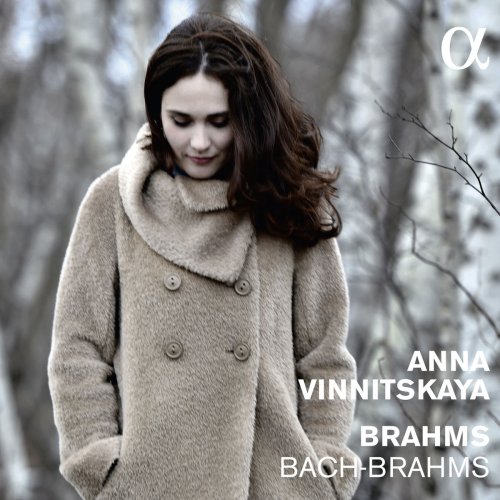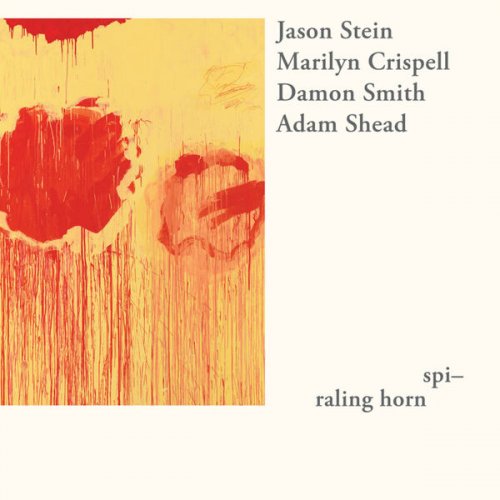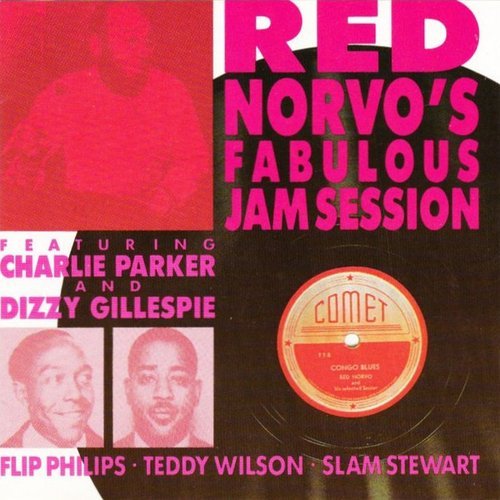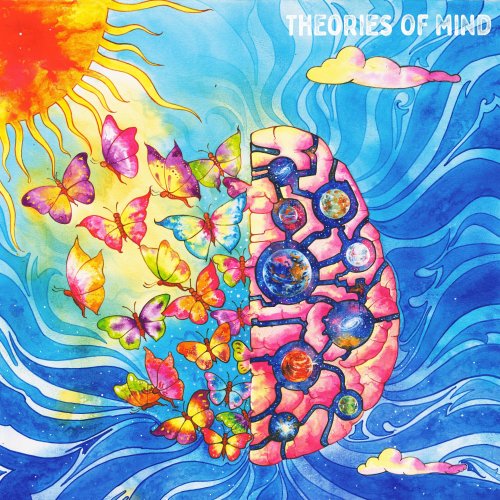Anna Vinnitskaya - Bach - Brahms (2016) [Hi-Res]

Artist: Anna Vinnitskaya
Title: Bach – Brahms
Year Of Release: 2016
Label: Alpha
Genre: Classical, Piano
Quality: flac 24bits - 48.0kHz +booklet
Total Time: 01:12:47
Total Size: 605 mb
WebSite: Album Preview
TracklistTitle: Bach – Brahms
Year Of Release: 2016
Label: Alpha
Genre: Classical, Piano
Quality: flac 24bits - 48.0kHz +booklet
Total Time: 01:12:47
Total Size: 605 mb
WebSite: Album Preview
---------
01. 5 Studies for Piano, Anh.1a/1: Chaconne by J. S. Bach in D Minor
02. 8 Klavierstücke, Op. 76: I. Capriccio in F-Sharp Minor (Un poco agitato)
03. 8 Klavierstücke, Op. 76: II. Capriccio in B Minor (Allegretto non troppo)
04. 8 Klavierstücke, Op. 76: III. Intermezzo in A-Flat Major (Grazioso)
05. 8 Klavierstücke, Op. 76: IV. Intermezzo in B-Flat Major (Allegretto grazioso)
06. 8 Klavierstücke, Op. 76: V. Capriccio in C-Sharp Minor (Agitato, ma non troppo-Presto)
07. 8 Klavierstücke, Op. 76: VI. Intermezzo in A Major (Andante con moto)
08. 8 Klavierstücke, Op. 76: VII. Intermezzo in A Minor (Moderato semplice)
09. 8 Klavierstücke, Op. 76: VIII. Capriccio In C Major (Grazioso Ed Un Poco Vivace)
10. 2 Rhapsodies, Op. 79: No. 1 in B Minor (Agitato)
11. 2 Rhapsodies, Op. 79: No. 2 in G Minor (Molto passionato, ma non troppo allegro)
12. 7 Fantasies, Op. 116: I. Capriccio in D Minor (Presto energio)
13. 7 Fantasies, Op. 116: II. Intermezzo in A Minor (Andante)
14. 7 Fantasies, Op. 116: III. Capriccio in G Minor (Allegro passionato)
15. 7 Fantasies, Op. 116: IV. Intermezzo in E Major (Adagio)
16. 7 Fantasies, Op. 116: V. Intermezzo in E Minor (Andante con grazia ed intimissimo sentimento)
17. 7 Fantasies, Op. 116: VI. Intermezzo in E Major (Andantino teneramente)
18. 7 Fantasies, Op. 116: VII. Capriccio in D Minor (Allegro agitato)
Lorsqu’en 2009, la pianiste russe Anna Vinnitskaya fut nommée comme professeur au Conservatoire supérieur de musique de Hambourg, elle était tout juste âgée de vingt-six ans – c’était le plus jeune professeur de piano d’une grande institution allemande. Peu de temps auparavant, elle avait été la deuxième femme à remporter le célèbre Concours Reine Élisabeth de Bruxelles, ce qui avait fort légitimement lancé sa carrière internationale dans les salles les plus prestigieuses du monde. Dans les quatre albums qu’elle avait ensuite publiés, elle manifestait une certaine prédilection pour ses compatriotes russes : Rachmaninov, Prokofiev et Chostakovitch, mais aussi pour l’univers sonore si subtil de Maurice Ravel. Pour son cinquième disque, elle rend pour la première fois hommage au principal compositeur de Hambourg, sa ville d’élection : Johannes Brahms. Signe de culot et de maturité artistique, Vinnitskaya n’a pas choisi ses sonates de jeunesse ni, à l’opposé, les cycles de variations certes terriblement virtuoses mais musicalement moins chargés. Non : elle a préféré se concentrer sur les œuvres de la grande maturité, dans lesquelles le compositeur abandonnait les amples formats de la tradition beethovenienne pour se tourner vers le lyrisme de la forme concise. Selon la pianiste, « l’âge venant, Brahms avait de moins en moins besoin de temps musical pour s’exprimer. Un pur concentré de musique. » En guise d’ouverture, elle nous offre la transcription pour la main gauche qu’avait réalisé Brahms de la Chaconne de la Deuxième Partita pour violon de J. S. Bach, encore un concentré de force pure. Enregistré en septembre 2015 à Neumarkt (Allemagne).
Anna Vinnitskaya’s discography to date has been Franco-Russian. Here she tackles Brahms, whom she has frequently played in concert, notably this summer at the Festival of La Roque d’Anthéron. Here is what ResMusica had to say about that recital: ‘True to her reputation, the Russian pianist genuinely illuminated the scene, impressing us with the control and depth of her artistry . . . Each piece obeyed a flawless architectural rigour, focusing on melodic line and diversity of tone. Right from the first bars of Bach’s Chaconne transcribed by Brahms for the left hand, she produced a sound so full and nuanced as to make us forget that we were listening to just one hand. . . . There is always a great temptation to slide into Romantic emphasis, but the Russian artist achieved emotion with sobriety, using very little pedal. In the Klavierstücke of Brahms, this ability to penetrate the score down to its slightest inflections resulted in a version at the opposite pole from what one so often hears. Only the great Brahms interpreters possess the gift of not overloading a text already sufficiently dense in sentiments.’ This recording was made some weeks later, at the famous, indeed legendary concert hall of Neumarkt near Nuremberg.



![Oulu All Star Big Band, Ingá-Máret Gaup-Juuso and Jukka Eskola - Davvi Oktavuohta - Pohjoinen yhteys (2026) [Hi-Res] Oulu All Star Big Band, Ingá-Máret Gaup-Juuso and Jukka Eskola - Davvi Oktavuohta - Pohjoinen yhteys (2026) [Hi-Res]](https://www.dibpic.com/uploads/posts/2026-02/1770364798_k6yo0dxz10jkv_600.jpg)

![Silvia Tarozzi - Lucciole (2025) [Hi-Res] Silvia Tarozzi - Lucciole (2025) [Hi-Res]](https://img.israbox.com/img/2026-02/06/cbrge6f1dj9hjbeuk52e4w7sz.jpg)
![Tilaye Gebre - Tilaye's Saxophone With The Dahlak Band (2026) [Hi-Res] Tilaye Gebre - Tilaye's Saxophone With The Dahlak Band (2026) [Hi-Res]](https://www.dibpic.com/uploads/posts/2026-02/1770295066_w2gwzanarvmoc_600.jpg)
![James Fernando - Philly 3 (2026) [Hi-Res] James Fernando - Philly 3 (2026) [Hi-Res]](https://img.israbox.com/img/2026-02/06/x1z1d5tgfw7831grgh5do6jls.jpg)
